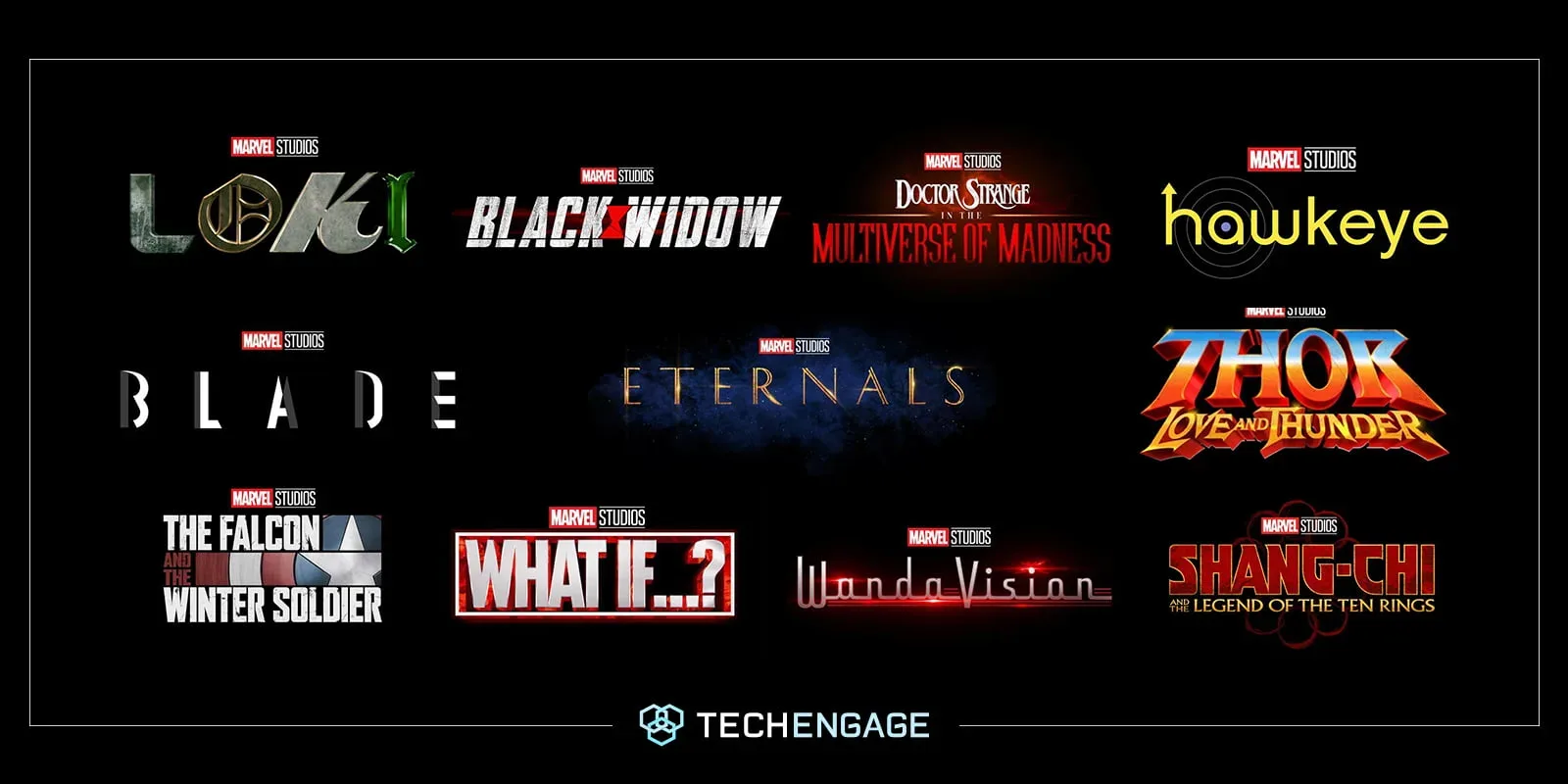People like ads, yes, the condition is you give them rewards for watching and clicking ads. This according to a new study from Versus Systems and the MEMES (Management of Enterprise in Media, Entertainment & Sports) Center at UCLA’s Anderson School of Management.
And yes MEMES is a funny name to be given to a department, and I wonder whether they named it on purpose or not.
The study looks at how advertisement and video games are closely interlinked and how they influence each other. Versus Systems CEO Matthew Pierce put it, the goal was to study, “What is the impact on advertising as interactive media grows, and as more people consume interactive media?”
Versus Systems CEO Matthew Pierce said that the goal was to examine, “What is the impact on advertising as interactive media grows, and as more people consume interactive media?”
This study might not be a shock to most of us, but it was still necessary to back this up by an actual study. Keep in mind Versus Systems has created a white label platform for publishers to offer gamers in-game rewards for watching ads. So it may be a bit biased.
But the study was carried out in collaboration with UCLA’s Anderson School of Management, so there has to be some truth to the study. Plus if we consider the number of participants that took part in the study, it will further increase the study’s reliability and authenticity.
The study contained 88,000 participants from the US and included a wide spectrum of age groups.
Out of all the participants, 50 percent said they had played a video game (on any platform) in the past week. On the other hand, 41 percent said they had played a game in the past 24 hours. Despite this, only 13 percent of the participants considered themselves gamers. That “identification gap” is even wider in women. 56 percent had played a game in the past week, but only 11 percent identified themselves as gamers.
This information is important because MEMES and Versus Systems argue that “advertisers that are recognizing the value in advertising in-game may be underestimating how large and how diverse the gaming audience really is today.”
The study added that only 3.6 percent of the participants watched ads while 46 percent frequently or always avoid ads by “pressing the x button” the number one thing that would make gamers continue playing video games is if they received some sort of reward.
This was the most popular choice among 30 percent of the participants. This response was even more prevalent among millennials. In comparison, 18 percent chose “if the games were less expensive” as their top reason while 11 percent chose “my friends playing the same game(s)” as their top choice.
77 percent of the Participants chose this answer when the same question was applied for TV. These participants would want some sort of reward if they were to continue watching a TV show. On the other hand, 24 percent of respondents chose “if more games/more shows were made for people like me” as the number one thing that would make them play or watch more.
It shows how much rewards are important for us. For such reasons people who make goals and strive towards them are happier than those who don’t. Achieving rewards can be addictive because it gives us humans a dopamine rush.
And advertisers have realized this. That’s why a game that offers more rewards to players can be so addictive. Many smartphone game developers have already implemented this feature in their games. Games like “Crossy Road” offer “Gold Coins” to players by watching their ads.
Other games can even give an extra life, i.e., a second chance to continue and break their top score. The researchers stated multiple times that they would continue investigating their theories and examine the data even further.
It means that the better the rewards, the more people will be encouraged to click the ads which are a win-win for the game developers, advertisers and the consumers, a rare sight.







Share Your Thoughts